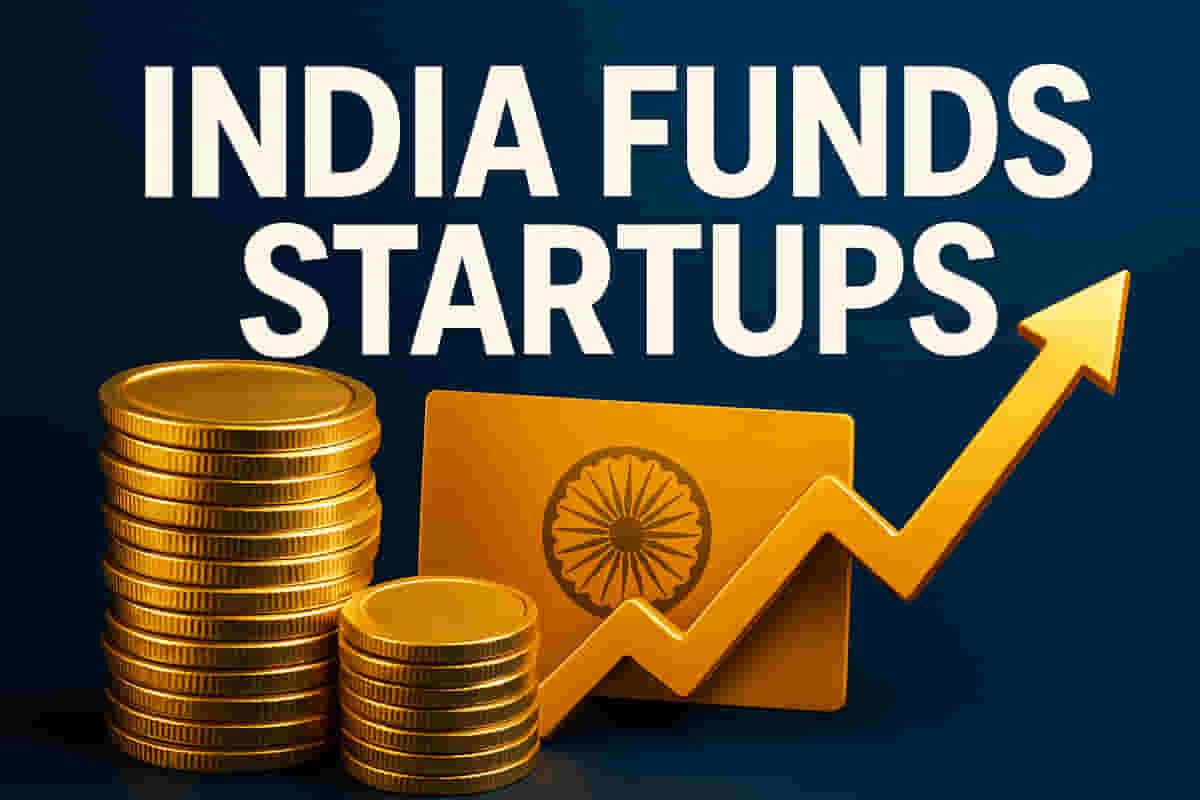India Can Fund Its Startups Domestically, Says Piyush Goyal, Calling for Patient Capital
Startups/VC
|
1st November 2025, 1:50 AM

▶
Short Description :
Detailed Coverage :
Commerce and Industry Minister Piyush Goyal stated on Friday that India possesses sufficient depth and savings to generate its own "patient capital" for the startup ecosystem. He called for increased utilization of domestic funds, such as pension and insurance, for venture investments to reduce dependency on foreign venture capital. Goyal stressed that the upcoming decade will focus on "patient capital" – investors committed to India's long-term structural growth rather than short-term gains. He also urged family offices to create larger capital pools and ensure funding reaches entrepreneurs in smaller Indian towns.
Addressing concerns about FDI slowdown, Goyal asserted there is no slowdown, citing recent figures indicating a significant uptick. He highlighted India's appeal as a trusted and stable investment destination due to consistent policies and clear economic direction, attracting global companies looking to establish manufacturing and innovation hubs.
Goyal mentioned that India is in advanced discussions for trade deals with the US and the European Union, ready to finalize agreements that are fair and equitable.
Impact: This news could boost investor confidence in the Indian startup ecosystem and domestic capital markets. It might encourage more domestic institutional investors to explore venture capital. The emphasis on manufacturing and innovation, along with stable FDI, positively impacts sectors related to manufacturing, technology, and infrastructure. The trade deal progress could benefit companies involved in international trade. Rating: 7/10
Difficult Terms: Patient Capital: Funds invested for the long term with the expectation of steady growth rather than quick profits. Venture Investments: Funding provided by investors to startups and small businesses with high growth potential. Family Offices: Private wealth management advisory firms that serve ultra-high-net-worth families, often pooling capital for investments. Foreign Direct Investment (FDI): An investment made by a company or individual from one country into business interests located in another country. Structural Growth: Long-term, fundamental expansion of an economy or sector, driven by changes in its underlying characteristics rather than short-term cycles.